The tragedy of the Qing "first lady": Living away from her husband because of Cixi Empress Dowager's favor
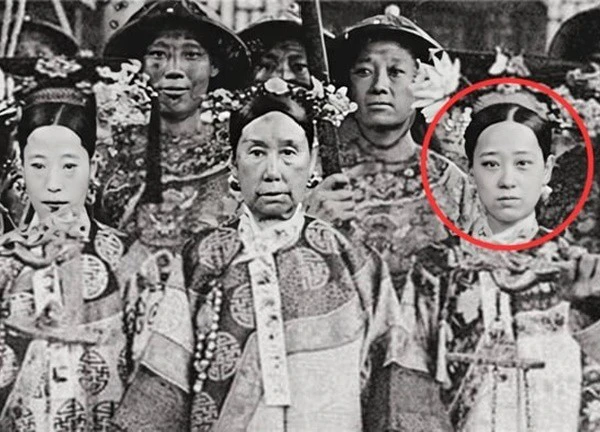
6 | 1 Discuss | Share
The first time she took a train in 1881, Empress Dowager Cixi made some extremely strange rules that made everyone "cry without tears". It is known that at that time, she wanted to return to her hometown of Fengtian in the Northeast to worship her ancestors.
As the de facto ruler of the late Qing Dynasty, Empress Dowager Cixi played a pivotal role in Chinese history. The Laotian empress’s life was filled with contradictions and controversies. She had a strong desire for power and control, but was deeply bound by traditional notions. These traits were reflected in her life and rule.
Nowadays, when mentioning Empress Dowager Cixi, the impression that later generations have of her is mostly about her lavish lifestyle and conservative thinking. There are many rumors about this infamous Empress Dowager, such as the first time she took a train, she made a series of regulations that made all the civil and military officials "cry without tears".
It is known that when the court official Li Hongzhang proposed to Empress Dowager Cixi to build a railway in the Northeast, she initially rejected the plan. In addition to rejecting Western technology, she was even more worried that building a railway would ruin the Qing Dynasty's national destiny.
According to Empress Dowager Cixi, the Northeast was the "land of Longxing" of the Qing Dynasty, and building a train would disrupt the "dragon vein". This view was clearly conservative, reflecting her respect for traditional beliefs and culture.
However, as time passed, in the face of constant suggestions and pressure from Li Hongzhang, Empress Dowager Cixi finally agreed to the railway construction plan that she had initially refused.
This train was purchased from Germany at great expense, with a total of 16 carriages, all painted in royal colors, looking from afar like a dragon lying proudly. The carriages were also decorated as lavishly as a royal palace.
In 1881, Empress Dowager Cixi wanted to return to her hometown of Fengtian in the Northeast to pay respect to her ancestors. Because of the long distance and her old age, and because the Beijing-Zhangjiakou Railway from Beijing to the Northeast had just been repaired, she decided to travel by train. However, before departing, the Old Buddha made three requests that surprised the officials.
First, all the staff on the train had to stand to serve the Empress Dowager throughout the journey. The reason for this requirement was because in Cixi's concept, only the emperor and empress were allowed to sit on the chair, and lowly staff had no right to sit. And this was deeply rooted and reflected the Empress Dowager's conservative mentality about hierarchy and order.
Second, male employees “must not be completely maleâ€. Because the Empress Dowager Cixi was a representative female in traditional Chinese culture, she attached great importance to the male gender characteristics. Therefore, she required all male employees to undergo “castration†like eunuchs, in order to ensure their purity and dignity. This requirement was clearly due to maintaining her own status and power, as well as her suspicion and fear of men.
Third, all employees must wear eunuch clothes. According to the order of Empress Dowager Cixi, all employees must wear eunuch clothes, even the train conductor from Europe must comply before entering his work station.
These clothes were made of high-quality materials such as silk and were of very good quality, but for men wearing eunuch costumes, they more or less gave rise to a feeling of discomfort. This was clearly intended to satisfy her vanity and desire for control, as well as to punish and humiliate her staff.
The above requirements caused extreme suffering and discomfort to the train staff. They had to stand for long periods of time, undergo surgery, and wear eunuch clothes. It also clearly demonstrated the authoritarian and conservative mentality of Empress Dowager Cixi, causing public outrage.
However, the reliability of these anecdotes has been disputed. According to research by some historians, documents such as "Qing Shi Cao" or "Qing Shi Lu" do not record the authenticity of these stories, but instead, they may be folk tales or exaggerated rumors to "add a layer of darkness" to the cruelty of the famous Empress Dowager of the Qing Dynasty.
Empress Dowager Cixi (1833 - 1908) was often referred to as Empress Dowager Cixi, Empress Dowager Cixi, Empress Dowager Xi, or Empress Dowager Cixi; she was the first favorite concubine of Emperor Wenzong of Qing, the biological mother of Emperor Muzong of Qing, the adoptive mother of Emperor Guangxu of Qing, and the nominal grandmother of Emperor Xuantong.
She served five emperors from Qing Xuanzong Daoguang Emperor to Xuantong Emperor and became the Empress Dowager regent of the Qing court together with Empress Dowager Ci'an when Tongzhi Emperor ascended the throne. After Tongzhi Emperor passed away and Qing Dezong Guangxu Emperor ascended the throne, she continued to serve as regent.
After the death of Emperor Guangxu, Cixi became the Empress Dowager under Emperor Xuantong. In 1861, Emperor Xianfeng died, and his will appointed the Eight Grand Ministers to act as regents for the new emperor, the young Emperor Tongzhi.
At this time, Empress Dowager Cixi and Empress Dowager Ci'an - with the help of Prince Gong Yixin - created a coup to eliminate the Eight Great Ministers in order to gain political benefits in the face of fierce conflicts with Su Shun - the leader of the Eight Great Ministers, known in history as the Tan Dau Coup.
After this event, Empress Dowager Cixi and Empress Dowager Ci'an co-regented for the new Emperor, becoming the only two Empress Dowagers of the Qing Dynasty to practice "Thuy Lien Thinh Chinh".
What truth does Empress Dowager Cixi's secret letter contain that startles archaeological experts? 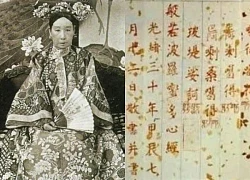 Hoa Tuyết19:35:23 20/04/2024One thing cannot be denied, even though Cixi passed away and the Qing Dynasty collapsed a long time ago, stories related to the queen mother as well as this dynasty always receive the attention of posterity.
Hoa Tuyết19:35:23 20/04/2024One thing cannot be denied, even though Cixi passed away and the Qing Dynasty collapsed a long time ago, stories related to the queen mother as well as this dynasty always receive the attention of posterity.

6 | 1 Discuss | Share
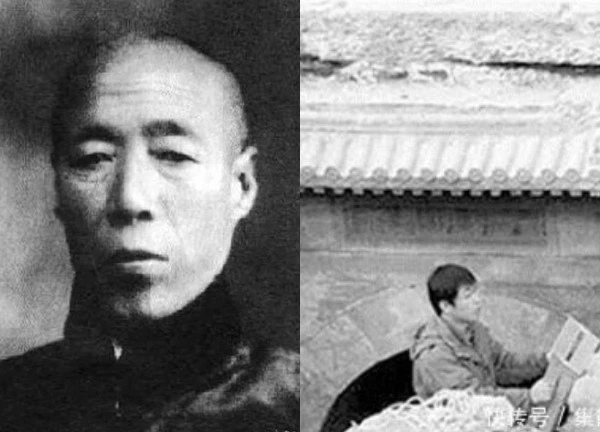
4 | 1 Discuss | Share
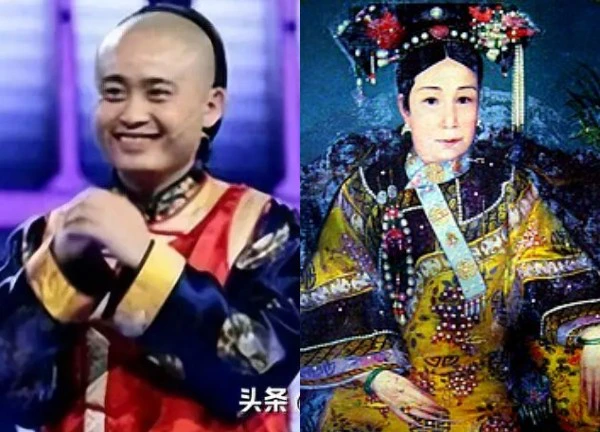
3 | 1 Discuss | Share

6 | 1 Discuss | Share

1 | 1 Discuss | Share
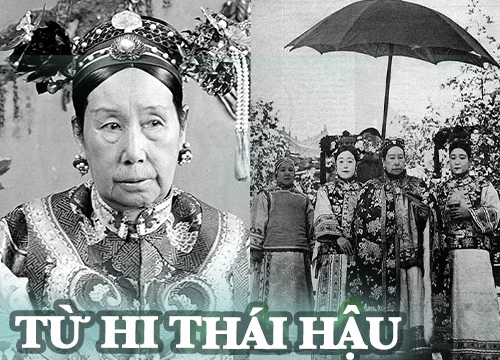
0 | 0 Discuss | Share
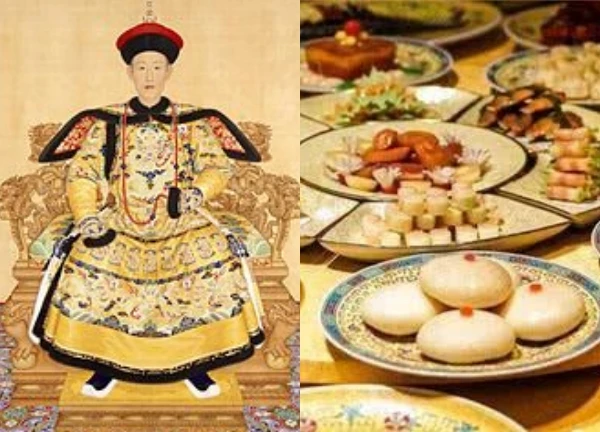
1 | 1 Discuss | Share
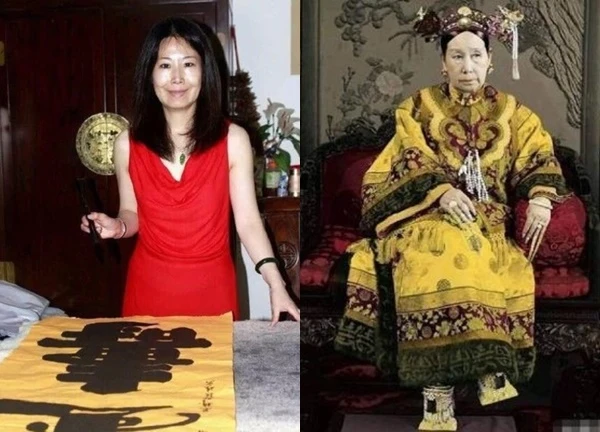
1 | 1 Discuss | Share
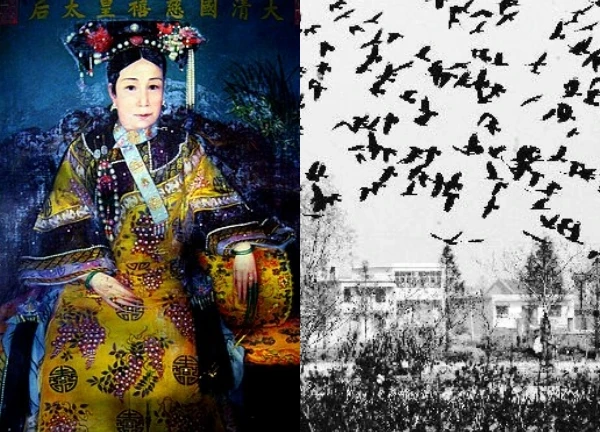
1 | 1 Discuss | Share
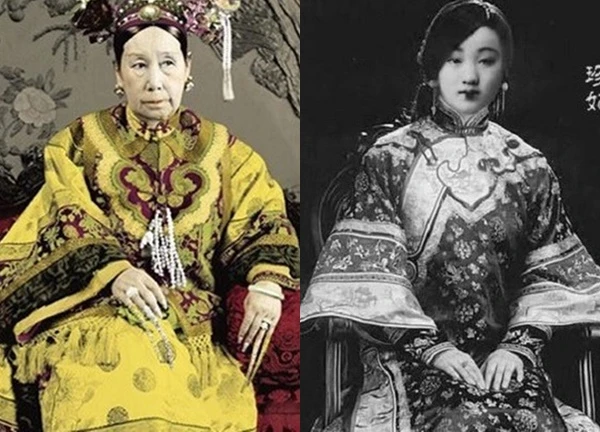
2 | 1 Discuss | Share
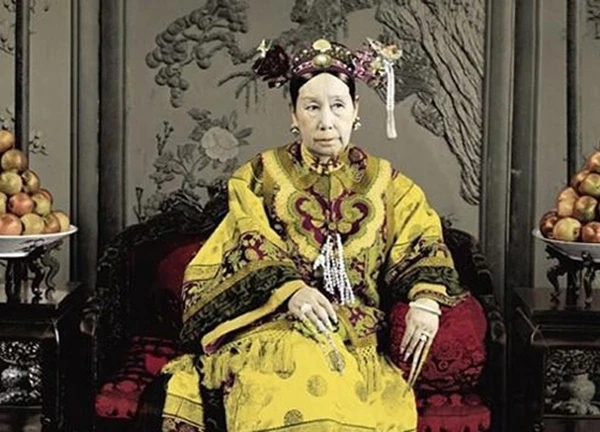
20 | 1 Discuss | Share
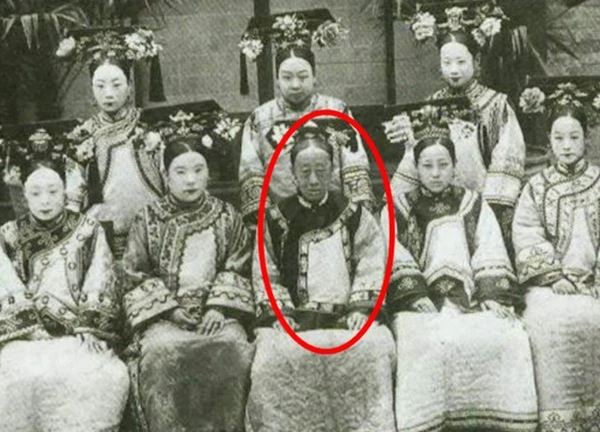
8 | 1 Discuss | Share




3 | 1 Discuss | Report